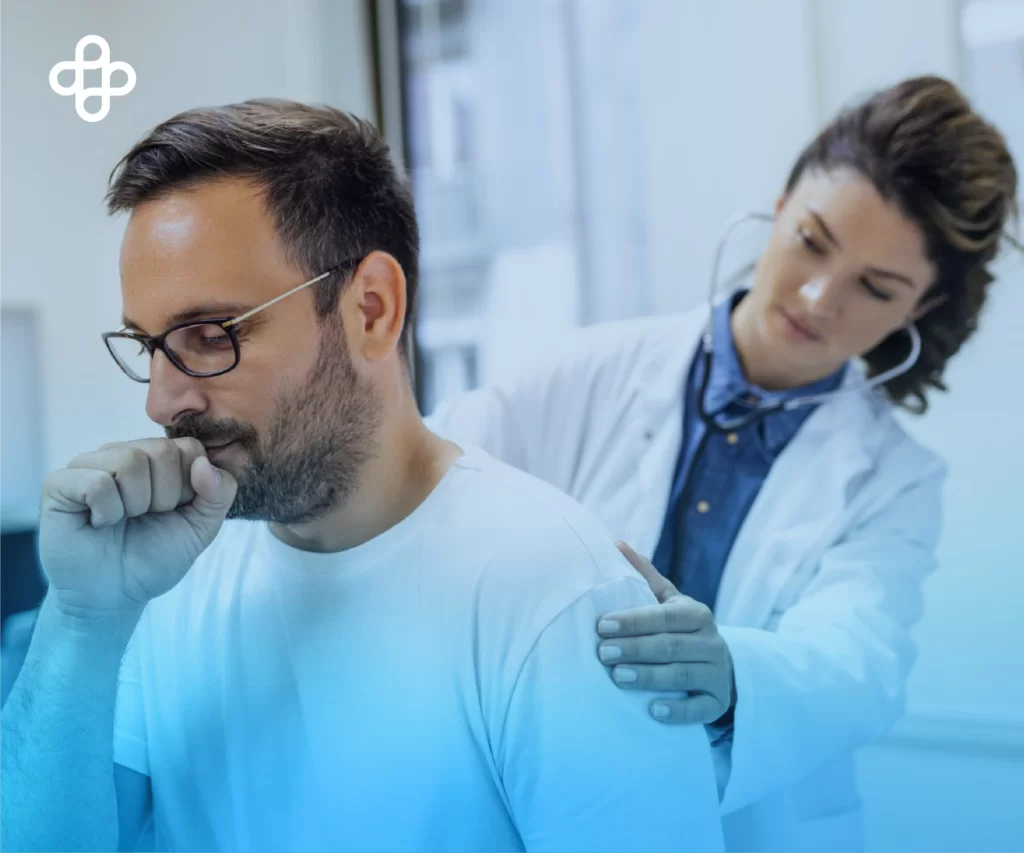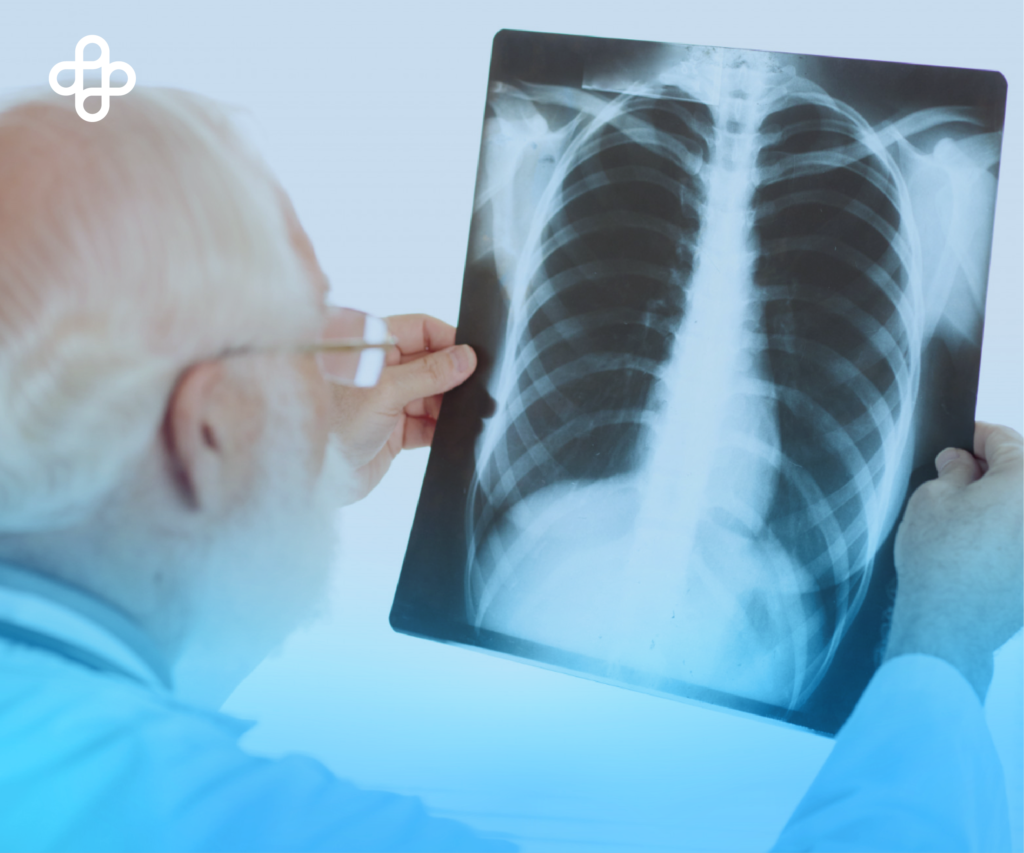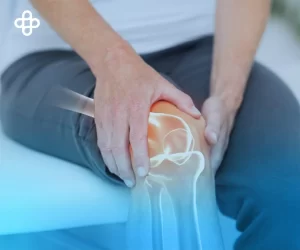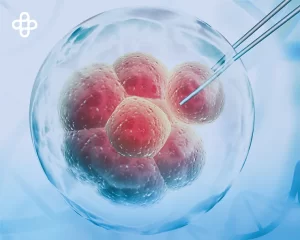MSCs for Acute Lung Injury. Several experimental studies published by NIH on February 16, 2023, have suggested that mesenchymal stem cells may hold value for treating clinical disorders, including myocardial infarction, diabetes, acute kidney injury, sepsis, and acute lung injury.
In preclinical studies, mesenchymal stem cells have been effective in reducing lung damage caused by endotoxin, live bacteria, bleomycin, and hyperoxia. In some studies, the culture medium of mesenchymal stem cells has been as effective as the stem cells themselves. Researchers have identified several paracrine mediators that may mediate the effect of mesenchymal stem cells. However, we need further preclinical studies and the planning of clinical trials for acute lung injuries.
Mortality reduction
Substantial progress has been made in reducing mortality and morbidity from acute lung injury (ALI) and acute respiratory distress syndrome (ARDS). Along with improved supportive care, specifically lung-protective ventilation and fluid-conservative strategy. A promising new approach to ALI/ARDS treatment has emerged from preclinical studies of mesenchymal stem cells (MSCs). Although initial research on MSCs focused on cell-based therapy to replace injured lung epithelium. Subsequent studies in both mature and immature lungs have focused more on the paracrine properties of MSCs. These properties are valuable for limiting lung injury and enhancing lung repair.

Justification for MSC Therapy
Researchers can isolate mesenchymal stem cells (MSCs) from various sources, with bone marrow being the most common source, for the treatment of acute lung injury. In addition to bone marrow, researchers can isolate mesenchymal stem cells (MSCs) from adipose tissue, umbilical cord blood, and placenta as well. Although researchers initially focused on grafting mesenchymal stem cells (MSCs) onto the injured lung. They have made further progress in identifying various paracrine factors. These factors can effectively reduce inflammation and promote tissue repair.
MSCs release several growth factors that can regulate endothelial and epithelial permeability as well as improve repair. MSCs also release anti-inflammatory cytokines that can attenuate the severity of inflammation. Additionally, MSCs can regulate innate and adaptive immunity.
Regarding the future directions for the use of MSCs in acute lung injury
The publication of several promising preclinical studies using animal models of ALI/ARDS. In both newborn and mature lungs. Indicates that further preclinical studies are necessary to evaluate MSCs as a potential therapy for ALI/ARDS. The results of these studies may point the way toward specific paracrine factors that could be useful in the treatment of lung injury. For non-medical readers, paracrine signaling is a form of cell-to-cell communication.
We will need to conduct considerable work to test the safety of MSC therapy in humans with lung injury, including both adult and pediatric patients. However, there is a need for innovative treatment. The recent outbreak of severe viral pneumonia caused by H1N1. It resulted in the death of susceptible populations, including children, pregnant women, and immunocompromised patients. This illustrates the urgent need for therapies that can reverse lung injury.

Mesenchymal stem cells (MSCs) for acute lung injury
In the past 10 years, researchers have made considerable progress in the treatment of acute lung injury (ALI) and acute respiratory distress syndrome (ARDS) using Mesenchymal Stem Cells (MSCs). The use of lung-protective ventilation has substantially decreased mortality, and there is evidence that a fluid-conservative strategy can increase the number of ventilator-free days. However, new therapies are needed to further reduce the morbidity and mortality of this syndrome. Cell-based therapy with MSCs or their products should be studied and tested in additional preclinical studies and clinical trials.
If you wish to delve deeper, don’t hesitate to read our article titled “Mesenchymal Stem Cells in the Face of Covid-19 Complications.”
I invite you to learn more about the fascinating world of stem cells by reading our article, “What Are Stem Cells?“.





